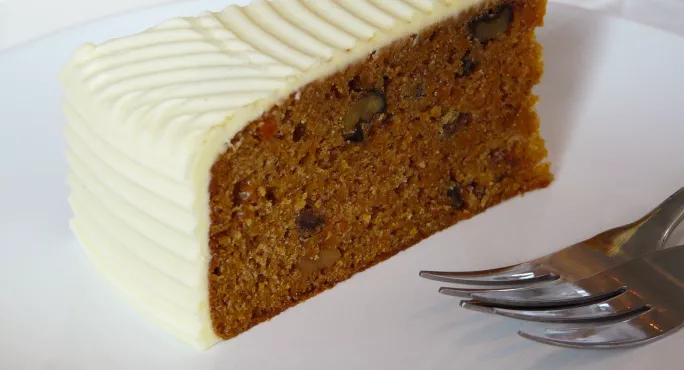- Home
- Bakes for breakfast: ‘the reality’ of school food
Bakes for breakfast: ‘the reality’ of school food

Strict nutritional guidelines for the food served in Scottish schools have now been in place for a decade, and promoting good health and wellbeing is supposed to be the responsibility of every teacher.
But a Tes Scotland investigation has revealed that schools are being rebuked by inspectors for serving deep-fried food too regularly, using “high volumes of processed meat” and serving baked goods for breakfast.
Now, in the week that education secretary John Swinney has launched a consultation on school food and nutrition regulations, experts are calling for the findings of health and nutrition inspections in schools to be made public.
Tes Scotland used freedom of information legislation to uncover inspection outcomes. Wendy Wills, professor of food and public health at the University of Hertfordshire, is calling for these inspections to be routinely published, as is Lorraine Tulloch, the programme lead at Obesity Action Scotland.
Wills said: “What’s the point of collecting this information if it’s not going to be publicly available? It should be. It should not take a [freedom of information request] to bring it to light.”
The food being served in some schools “makes a mockery” of attempts to address the obesity crisis and to improve child health and wellbeing, according to Wills, who recently published research on school meals in Scotland.
She added: “The standards in Scotland have almost given a mask of doing something about school food but this information clearly shows the reality does not match the standards. That resonates with the research in schools I have done, which shows fried foods, cakes and baked goods are still being served.”
First minister Nicola Sturgeon last month joined with chef and healthy school meals campaigner Jamie Oliver to unveil new targets to cut child obesity in Scotland by half by 2030.
However, as a previous Tes Scotland investigation revealed, in 340 inspections of school food since 2012, schools failed to meet food standards half the time.
‘Grab and go’
The latest reports highlighted some examples of good practice - an Aberdeenshire primary’s “Snack Shack” was commended for increasing consumption of healthy snacks and a cook at Ardgour Primary in Highland was praised for the “very high” quality of food.
However, the inspection findings also reveal that one piece of iced carrot cake served at Glasgow’s Hillhead High provided 456kcal and 43.8g of sugar. This is despite the recommended daily intake for adults being 2,000kcal for women and 2,500kcal for men, and no more than 30g of sugar. The school was also criticised for serving chicken poppers, pizza slices and ciabatta pizza, which was “only half a ciabatta roll with a small amount of cheese”.
Inspectors also criticised the “huge amount of unnecessary waste“ generated by “grab and go” lunches that Renfrewshire primaries serve three times a week. This was leading to “a high proportion of food [going] uneaten”, they said.
In East Dunbartonshire, St Ninian’s High was praised for banning fizzy and energy drinks, but criticised for serving deep-fried foods too frequently, sweet potato chips on their own - rather than as part of a meal - crisps at lunchtime and cookies, and “rolls with processed meat”, but “little fruit”.
A spokeswoman for Cordia (Services) LLP - which provides school meals in Glasgow - said three items had been removed from the lunch menu at the Hillhead High. The company added that they aim to strike the right balance of producing food that meets strict legislation on fat, salt and sugars while also encouraging meal uptake from young people who can “be swayed by external catering outlets close to schools”.
A Renfrewshire Council spokeswoman said that offering “grab and go” lunches in separate pots meant children could “select foods they prefer and leave out foods they wouldn’t eat”.
She added that all children are supervised as they eat to ensure they have the right nutritional balance and waste is minimised.
East Dunbartonshire Council depute chief executive Thomas Glen said there were “many positives” to be taken from the inspection of St Ninian’s High and that the council had acted on the inspectors’ advice.
An Education Scotland spokeswoman said the body was “committed to ensuring openness and transparency in our inspection work”.
She added: “We are currently working with education and catering colleagues in local authorities across Scotland, to develop a self-evaluation framework for food in schools, which will support improvements.”
This is an edited version of an article in the 8 June edition of Tes Scotland. Subscribers can read the full article here. To subscribe, click here. This week’s Tes magazine is available at all good newsagents. To download the digital edition, Android users can click here and iOS users can click here.
Keep reading for just £1 per month
You've reached your limit of free articles this month. Subscribe for £1 per month for three months and get:
- Unlimited access to all Tes magazine content
- Exclusive subscriber-only stories
- Award-winning email newsletters



